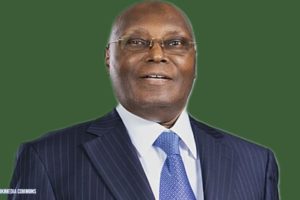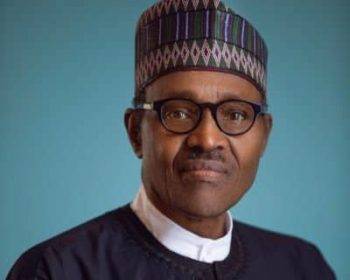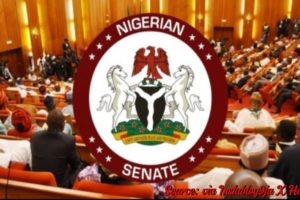Taiwo Oyedele, the Presidential Committee on Fiscal Policy and Tax Reforms has put forward a recommendation for the federal government to consider implementing an exchange rate of N800 per dollar for customs import duty calculations. This proposal seeks to align import duty calculations with the current parallel market exchange rates, reflecting the true market value of the Nigerian naira.
If adopted, this measure could have a significant impact on import costs, potentially leading to higher prices for imported goods in the Nigerian market. However, the committee argues that the proposed N800 per dollar rate would enhance revenue generation for the government and create a more realistic duty structure that accounts for the prevailing economic conditions and exchange rate dynamics.
Committee Chair, Taiwo Oyedele Briefs Journalists on Progress
On Thursday, Taiwo Oyedele, the chair of the presidential committee, held a session with journalists in Lagos to provide updates on the tax panel’s tasks and progress. During the briefing, he elaborated on the committee’s recommendation regarding the proposed exchange rate for import duties.
Taiwo Oyedele explained that the current official exchange rate used for duty calculations does not reflect the true market value of the naira, leading to revenue leakages for the government. The proposed N800 per dollar rate aims to bridge this gap and ensure a more realistic import duty structure.
Aligning Import Duties with Market Realities
The presidential committee’s recommendation highlights the need to align import duties with market realities, particularly the parallel market exchange rates. By adopting the proposed N800 per dollar rate, the government aims to capture the true value of imported goods and ensure fair revenue collection.
Critics argue that this measure could lead to higher prices for imported goods, potentially impacting consumer spending and inflation. However, proponents believe that the revenue generated through realistic import duties could be channeled into infrastructure development and economic diversification efforts.
Taiwo Oyedele: Potential Impact on Import Costs and Consumer Prices
If the proposed exchange rate of N800 per dollar for customs import duty is implemented, it could have a substantial impact on import costs for businesses and traders operating in Nigeria. The increased duty calculations based on the higher exchange rate could lead to a significant rise in the cost of importing goods into the country.
Consequently, this increase in import costs may translate into higher prices for imported goods in the Nigerian market, placing a strain on consumer budgets. However, the presidential committee argues that the revenue generated from these more realistic import duties could provide the government with additional funds to invest in essential initiatives, such as infrastructure development, economic diversification efforts, and social welfare programs aimed at improving the lives of Nigerians.
Taiwo Oyedele: Government’s Fiscal Policy and Tax Reform Efforts
The presidential committee’s recommendation to implement an exchange rate of N800 per dollar for customs import duty is part of the Nigerian government’s broader efforts to overhaul fiscal policies and implement comprehensive tax reforms. These initiatives aim to bolster revenue generation for the government, enhance transparency in the tax system, and ultimately promote economic growth and development within the country.
While the proposed exchange rate for import duties has sparked debates and discussions among various stakeholders, the government emphasizes the need for a holistic approach to fiscal policy and tax reforms. This approach takes into account the country’s prevailing economic realities and the potential impact on importers, businesses, consumers, and other stakeholders. The government seeks to strike a balance between improving revenue generation and minimizing adverse effects on the economy and the populace.
Stakeholder Consultations and Next Steps
Moving forward, the presidential committee is expected to engage in further consultations with relevant stakeholders, including importers, traders, consumer groups, and industry associations. These consultations will aim to gather feedback and address concerns related to the proposed exchange rate for import duties.
The final decision on implementing the N800 per dollar rate for customs import duty will rest with the federal government, which will weigh the potential benefits and challenges associated with the proposal. Ultimately, the government will strive to strike a balance between revenue generation and minimizing adverse impacts on businesses and consumers.











